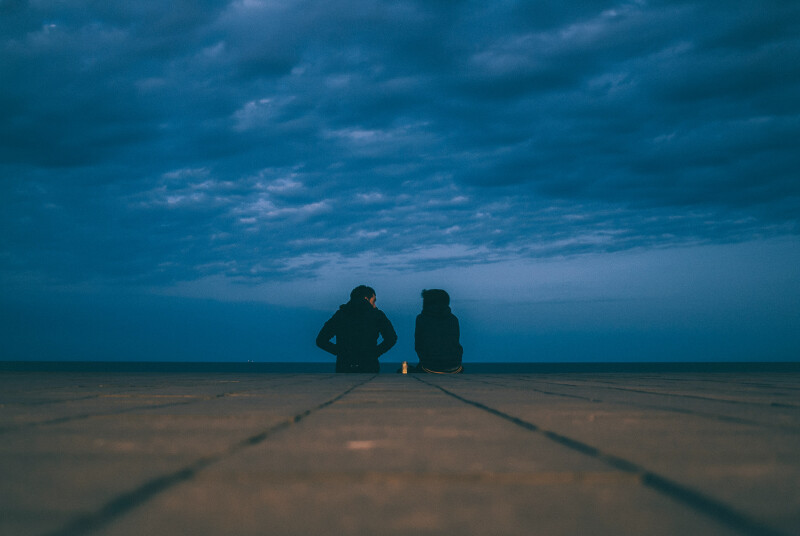Something shifted in our society when the video of the murder of George Floyd went viral. It was everywhere, played over and over. We heard his last words, over and over—“I can’t breathe. I can’t breathe. I can’t breathe.”
It pains me to say it, but I think in the past, I was fast sleep regarding racism. When another person of color would die and protests would break out, I’d wake up for a few groggy moments only to press “snooze” and go right back to sleep. Well, I can’t go back to sleep now.
Like many white people, I wanted to do something. I wanted things to change and wondered what I could do to help. So, I did the safe thing (I’ve been told a very “white” thing). I watched interviews, listened to podcasts, ordered books to read and learned about implicit bias and white privilege. All this was helpful, very informative—I guess. But, then I had a conversation with a friend of mine—a young person of color. Her name is Cynthia and I asked her if I could interview her about racism. She said, “I’m fine doing that.”
Here’s how it went:
First of all, Cynthia, how do you describe yourself—Hispanic American? Latina? Latinix?
Honestly, I like to be called Mexican. I was the first person in my immediate family to be born in the US. Just Mexican is fine.
What was your reaction to the protests that happened after the death of George Floyd. As a person of color, what affect did the events have on you?
My first reaction was anger. How long has it been? How many people had to die for people to listen? I guess because of the quarantine, people are finally paying attention. So, I felt positive too—finally someone is listening. Also, some fear that this is going make cops more aggressive. I know there are good cops, but what if I get a bad cop? Will I be the next George Floyd?
So you felt a mix of emotions, including some optimism.
Yeah, a lot of different things.
What does the term “white privilege” mean to you?
Power, social acceptance. When you’re a person of color you always feel that there are eyes on you. If I walk into a white neighborhood—people stare at me like “what are you doing here?” If I drive in a white neighborhood, I have to be very cautious. You never know when a cop will think I didn’t stop long enough at a stop sign.
You feel that there are always eyes on you?
Yes, especially in places where everyone is white.
Have you ever had this conversation before? About white privilege? Has anyone ever asked you about it?
I got into a heated argument with a friend of mine—she use to be a friend of mine. She couldn’t understand how different it is for people of color, how different life is just because of the color of your skin. Like when I go into Kendra Scott to buy jewelry for my mom. I basically have to beg someone to help me. It’s disrespectful.
Sort of like the scene in “Pretty Women?”
Exactly! I wanted to do the same thing [as Julia Roberts].
So what’s your message to all white people?
White people are so ignorant about some things. You guys don’t realize it, but sometimes when you try to help people of color, it won’t get rid of your white guilt. It feels like you’re doing it just so we’ll worship you, or something. You’re just trying to get rid of your guilt.
Offering reparation of some kind? Does it feel patronizing?
Yes. My message for white people is “Don’t be a racist.” It’s that simple. White people need to be quiet, to shut up and let people of color have a voice. We won't stay quiet anymore!
What about our church—what can we do?
Our church needs to support the small groups more—the groups of people of color. You need to support the events these groups have.
Like Las Posadas, for instance.
Yes. You need to come and experience a different way to do things. You need to come and experience different ways to worship. This church is still so segregated!
Listen. This word has come up over and over—in the interviews I’ve watched, the podcasts I’ve listened to and the books I’ve read. And now, it’s come up again in my conversation with Cynthia. White people need to listen to people of color. I thought, “Okay! I can do that!” Only Cynthia said some things I didn’t really like hearing. She said some things that made me embarrassed, uncomfortable and very sad. I realized that when I shut up and listen to the things that are hard to hear—the pain, hurt, anger and fear of this person—my young friend—it’s impossible to push the snooze button and go back to sleep. I need to get on up.


